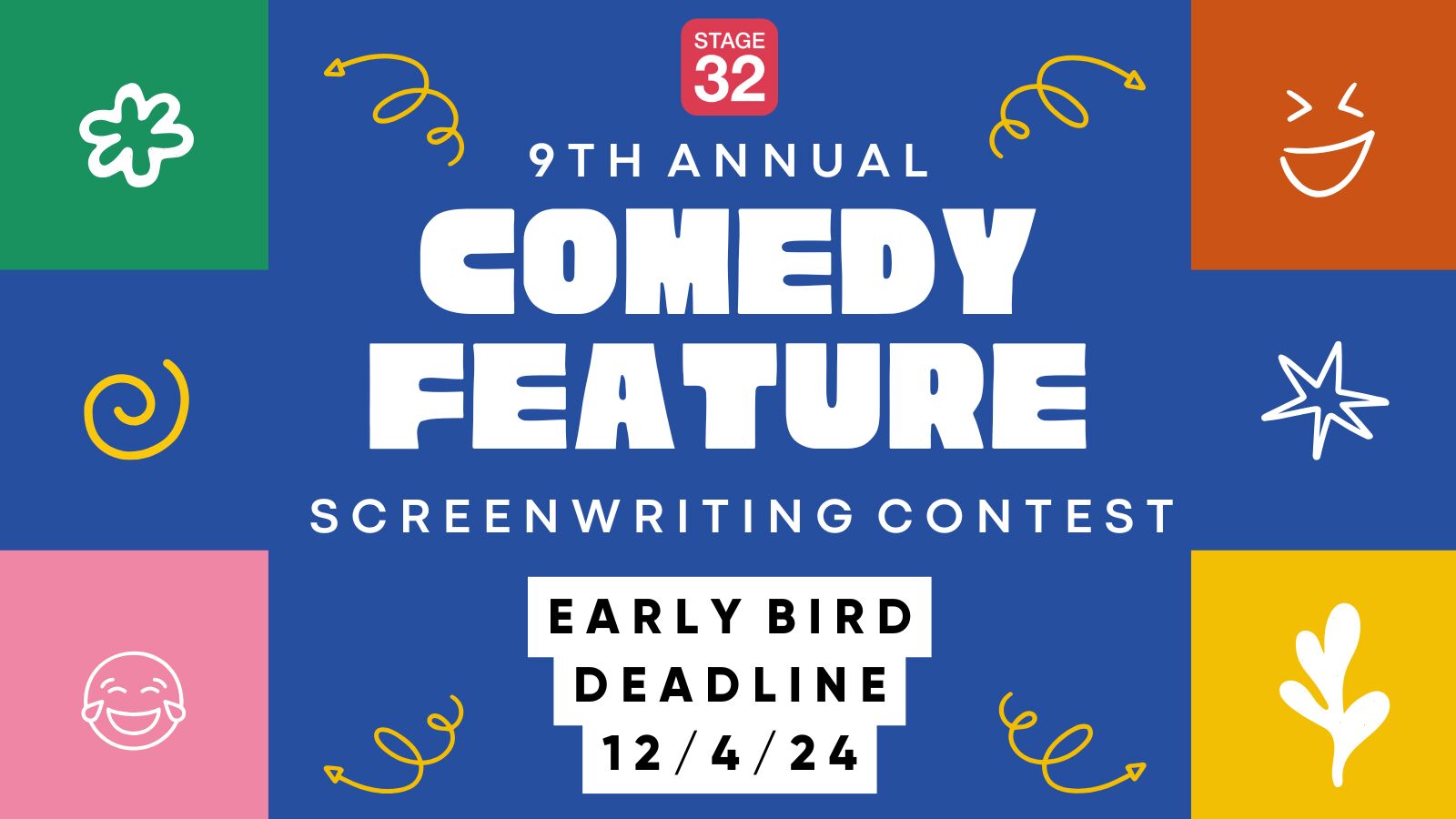
Hi creatives :) I hope you're all safe. Well, even at the cost of looking like a newbie , I'd like to ask you if you know any advice to write a documentary. Does it follow the script like any other movie? (I don't think so), I've recently studied "My octopus teacher" (Streaming on Netflix, found it really touchy) and found out that it follows the beats from Snyder's Save the cat, but the main question still remains:
how it's written?
Does it use one column, or two?
Should I write the script like any other?
Thanks for who'll read and share any suggestions, hugs.
Ugo



1 person likes this
I have the same question. I researched writing documentaries, but I didn't find much about it.
1 person likes this
I'll venture an opinion about how I would do it at least. Like any other script you have to narrow down the story you want to tell. Do your research and use that to write your narration that will lead the viewer through the story and be the connective tissue between real interviews, accounts and experts. The rest, and really the bulk of it, would be in how you edit it.
3 people like this
There’s a stage 32 webinar that goes into this you should definitely check out: https://www.stage32.com/webinars/Finding-Your-Story-Documentary-Filmmaking
1 person likes this
Thanks, Emily! I just ordered it.
2 people like this
In case you would like to learn more about the documentary I mentioned above check out:
https://savethecat.com/beat-sheets/my-octopus-teacher-beat-sheet
Thanks, Ugo Cavallo.
1 person likes this
I am not a doco guy. But I have heard a few podcasts from BAFTA. In these they talk to Doco makers. One things that seems true, is that they find the story in the edit.
Since you are a Doco kind of guy. Perhaps you’ll get more from those podcasts than I did.
1 person likes this
You can write a script as a framework for the final assembly but a lot of the story will come out in the making.
2 people like this
I tend to create a step outline before shooting and revise it while shooting. Very often there is a deeper story that emerges while shooting that you need to capture and revise in the outline. The structure is not based as much on what happens as how the audience is feeling while watching: the emotional journey.
Here are a list of storytelling essentials for documentaries:
Engage the audience with a present time story before revealing the back-story.
The present time story engages the audience through the beginning, middle and end of the film.
Define the Palette of Tones: How deep; how dark; how real; how close (POV).
Define the dilemma for the audience (Dilemma is the choice between two things with positive values).
Don’t punish the audience with your research: only include essential information.
Narratives function through core triangles of characters: the audience in documentaries function as one of the characters in the core triangle.
Relationships reveal vulnerability and raise the stakes for the audience; the relationship arcs are catalyzed in Act 2, and correspond to the Descent Stage of the Hero’s Journey.
Documentary filmmakers are on a Journey to find the story beneath the story that wants to be told
Judgment (of characters, events, and situations) freezes the creative flow of the story.
Documentaries can present a wide range of emotional experiences for the audience. For the main character in your film, ask what is the angriest, saddest, most proud, ashamed, I love you, joyful, luckiest moments in their life?
First clarify the archetypal function and design of the narrative then identify the genre(s) and understand the rules of the genre(s).
Structure is based on the order in which the audience learns and feels things
The documentary story continues after the film ends with participation by the audience in the “things that matter.”
Solution-based storytelling is more engaging for the audience than problem-based storytelling. If issues are presented without potential solutions or positive directions, the audience is often left with a feeling of impotent rage.
Establish the Location and allow it to reflect the emotional states of the audience while watching the film.
Talking Heads: Main characters telling stories about their life is more interesting than when they make abstract, theoretical or conceptual comments. Let your characters “act out” their stories while they tell them.
Thanks, Thomas! This is very helpful.
1 person likes this
You're welcome, Maurice. Not sure if this is in the list, but I've also successfully used strategies from genres in documentaries.
A producer wanted me to write a documentary last year. I didn't even know they used screenplays for documentaries. Maybe they do but I didn't want to do it anyway so I told him no thank you.
2 people like this
Plan to tell a certain story. Begin shooting. Discover a new story. Throw out initial story. Finish shooting. Change story again in the edit. Complete :) But really, I've heard so many of my favorite creators talk about how their films came from something completely different than they initially planned once they began filming. Documentaries fascinate me!
1 person likes this
I read the book "Documentary Filmmaking". This differs little from the usual scenarios, except that the author's task is to study and show the audience the personality of the hero of the film, his character.
1 person likes this
I think the script depends on what you are documenting. Is it an "Oh, this is interesting"? Or "Ain't this awful?" or "The world is ending in 12 years, don't buy a car?" Are you using interviews? Then you won't be writing the script for your interviewee, you'll be editing/commenting on that segment, or not. What is your topic?